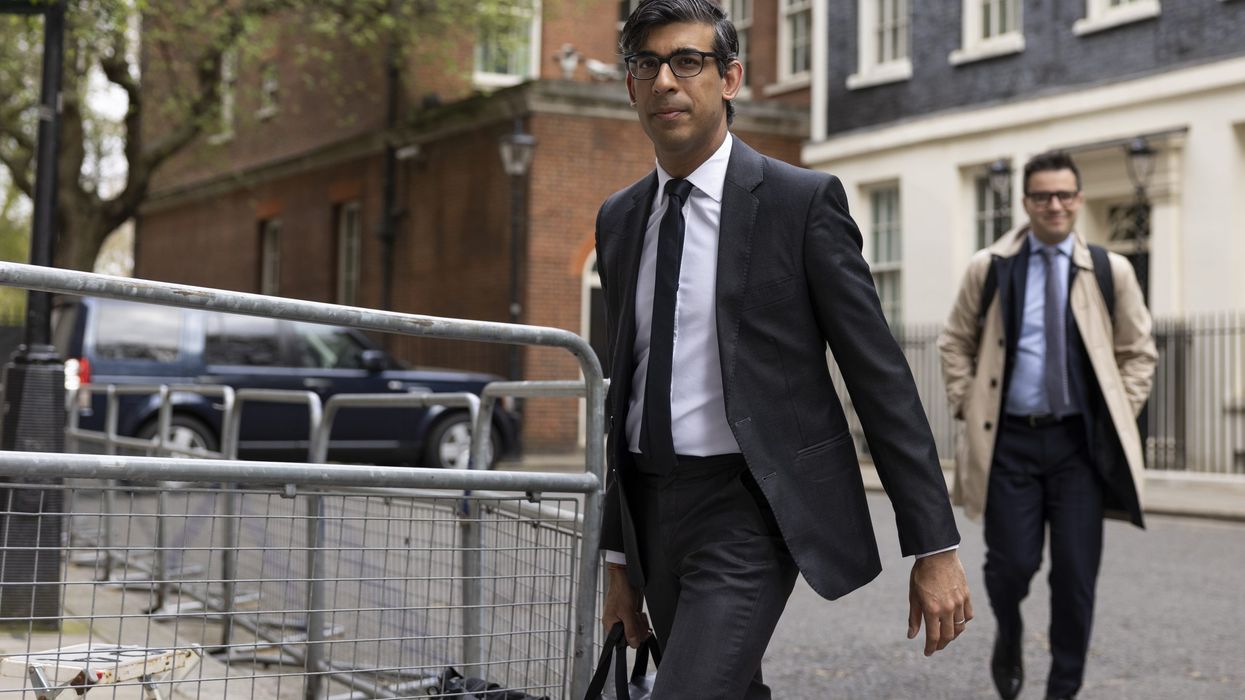DESPITE being in lockdown to combat the second wave of coronavirus, Britain’s gross domestic product (GDP) contracted by only 1.5 percent in the first quarter of 2021, official data showed on Wednesday (12).
In fact, the economy even managed to grow by 2.1 percent in March when the country began easing some of the restrictions.
"Despite a difficult start to this year, economic growth in March is a promising sign of things to come," chancellor Rishi Sunak said. "As we cautiously reopen the economy, I will continue to take all the steps necessary to support our recovery.”
The country is currently exiting lockdown at a gradual pace, which will allow the economy to recover further from pandemic fallout.
The Office for National Statistics said that the strong recovery seen in March was led by the retail sector and the return of schools. The construction and manufacturing sectors also did well as businesses continued to adapt to the pandemic.
"However, construction grew strongly over the quarter and, in March, was above its pre-pandemic level,” Darren Morgan, ONS director of economic statistics said. He added that manufacturing also recovered strongly in February and March.
Commenting on the numbers, Morgan said that following Brexit, “exports of goods to the EU continued to increase in March and are now almost back to their December level.”
Experts feel that the country’s economy will be back to its pre-pandemic size by the end of this year.
"Businesses and the government alike will feel this data marks a turning point," Ana Boata, head of macroeconomic research at trade credit insurer Euler Hermes, said. "With the ongoing easing of restrictions, confirmed this week by the prime minister, there’s hope that this could be the start of a long hot summer for British businesses."




